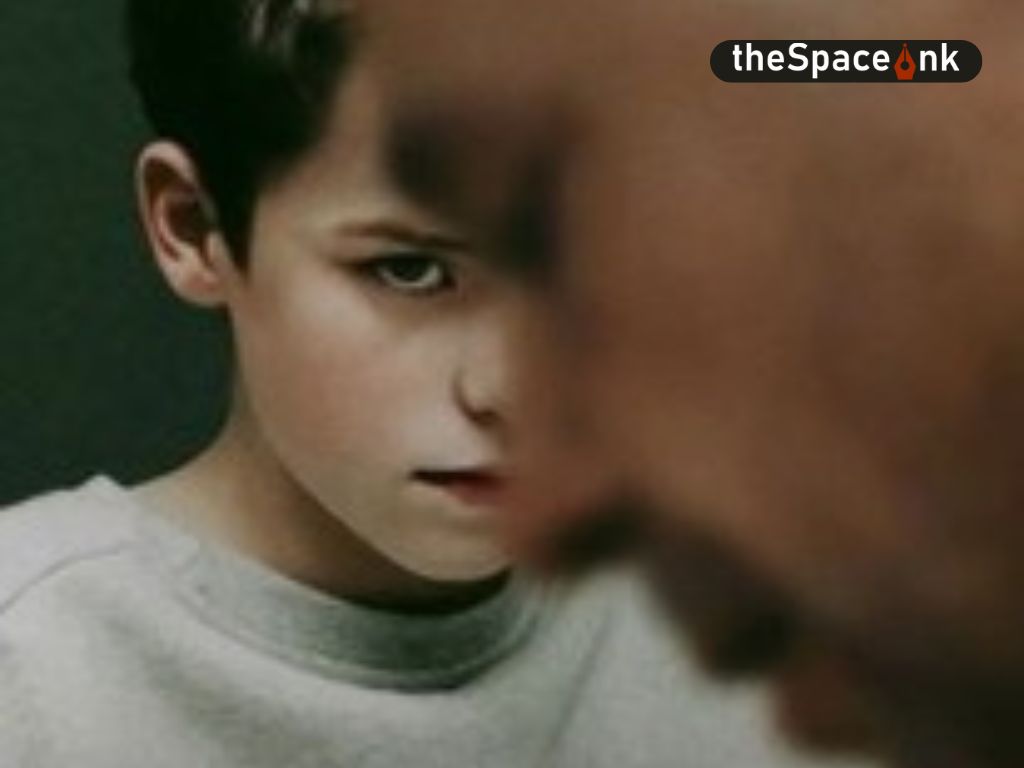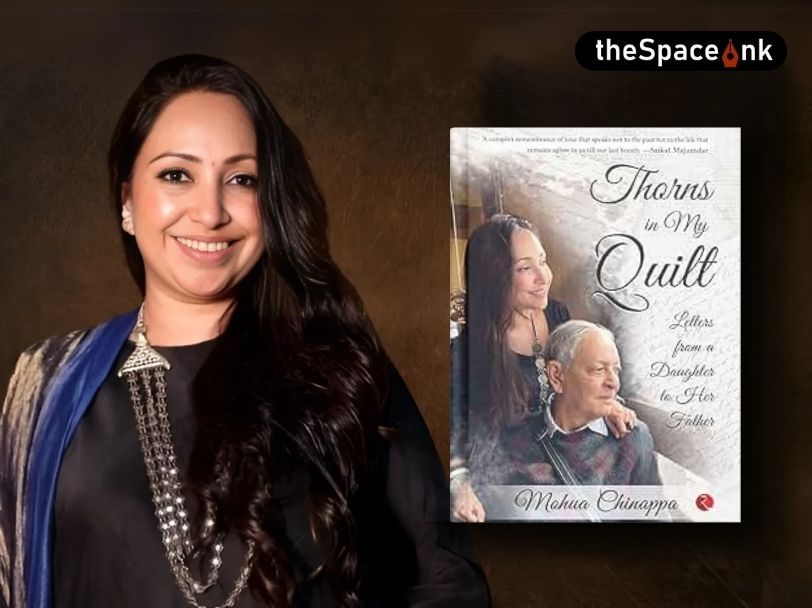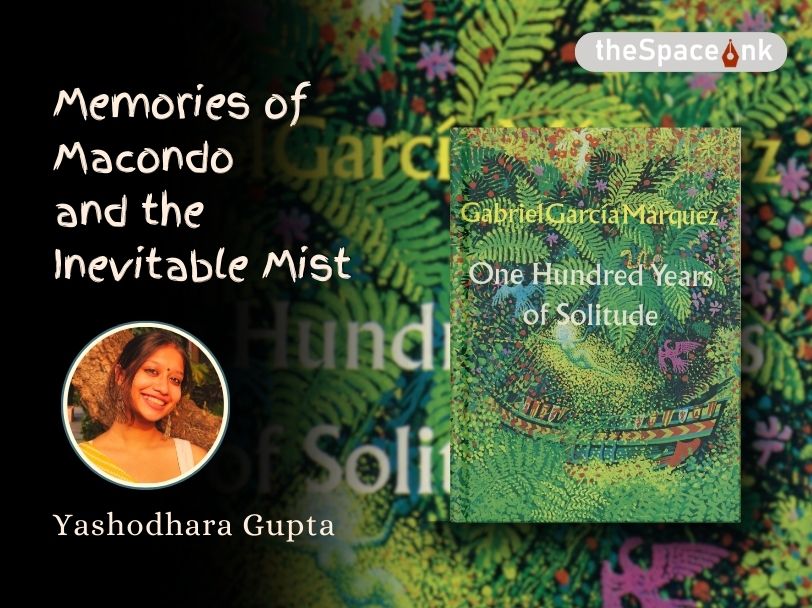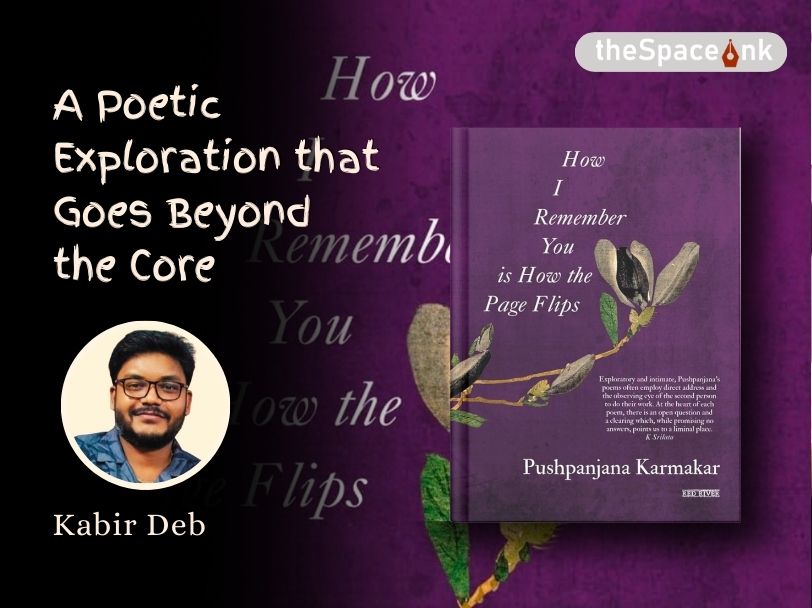‘The Day I Became a Runner’, by Sohini Chattopadhyay.
Hardcover
Rs 599
Harper Collins

I have no interest in, or knowledge about, sports. I thought ‘The Day I Became a Runner’, by Sohini Chattopadhyay was not a book that would engage me. The extravagant blurbs by public figures I respect, including that of Ramchandra Guha, stating it was “One of the finest works of non-fiction I have read in years,” made me read the book. I am so glad I did.
This book is about so much more than the seven Indian women athletes whose gripping and compelling stories Sohini tell so well that form the core of the book. It is an insightful, compassionate, and searing commentary on gender, sexuality, sports, poverty, the media, and evolving social and cultural norms regarding these subjects in contemporary India. The grit and determination of the athletes, who come from mostly impoverished backgrounds to excel in sports, attain a coveted government job to gain a modicum of dignity and security, is humbling and inspiring.

Sohini, as the title suggests, became a runner in 2008 to overcome the heavy weight of grief that she carried at the loss of her grandmother, and has been a serious jogger since then. The relevance of her practice gives her insights of the power and discipline running takes, the euphoria and freedom experienced by pushing the body to its utmost limits, as well as the “anxieties, aspirations and negotiations of being a woman in India.”
The respect and sensitivity with which she approaches each athlete is palpable, as is the lengths she went to meet each one of the women on their terms — where they lived, worked, and practised, to grasp and present their stories as fully as possible.
We meet Mary De Souza, the first woman, who participated in the Olympics in 1952. Mary did not have the training to be a serious contender, but her very participation demonstrated that women could participate at the highest echelon of sports. Faded from public memory, it was 61 years after traveling to Helsinki, that she received the Dhyan Chand Award for Lifetime Achievement in Sport.

Kamaljit Sandhu, an exception in competitive sports, came from an affluent family. Her father encouraged her, despite social disapproval, to train and become the first woman to win a gold outside India at the Asian Games at Bangkok in 1970.
Sohini describes the legendary PT Usha, who has won over one hundred medals over 23 years, as the most famous fourth place finisher in Olympian history (1980). Usha’s foot was ahead of the bronze medallist, but Cojocaru had the training to thrust her chest out at the finish line and win the coveted medal. PT Usha has inspired generations of Indian women runners and runs an athletic academy in Payyoli, her hometown in Kerala.
Sohini contextualizes each of these stories, both when they were competing and in the current context. She highlights the myriad, subtle and not-so subtle ways in which gender operates to circumscribe women while reflecting on what enabled each to overcome gender norms to excel in sports. She underlines the important supportive roles that men played as family members, coaches, and husbands to take these women and their careers seriously.
The next three stories are far more challenging. They revolve around issues of indeterminate gender and the havoc it plays in the careers of Santhi Sounrajan, Pinki Paramnik and Duttee Chand. These stories force the reader to grapple with the complicated issues of how sexuality – anatomies, chromosomes, hormones – are measured and operate in sports and in the personal and public lives of these athletes. Sohini adeptly takes us through the ways in which governments and society are evolving their perspectives on these issues.
Santhi Sounrajan’s story was the most searing for me.
She was outed in the most humiliating way at Doha, Asian Games in 2006, and unceremoniously dropped by the Government of India. Santhi’s life as a sportsperson ended. Coming from a family of bricklayers, she found employment at a brick kiln in Tamil Nadu. When the media broke this story in 2016, a legal and media campaign was mounted. The support garnered enabled Santhi to secure a job with the Tamil Nadu government as a coach at the Anna Stadium at Tiruchirappalli, where Sohini met her.

Pinki Paramnik, winner of thirty-seven gold, was accused of raping a friend in 2012. She was jailed, forced to undergo a medical test to determine her sex and given bail on the grounds of being “incapable of rape” but having “predominantly male features.” Though cleared of the rape charge, the negative media attention took a heavy toll on Pinky, who managed to pick up the pieces of her life. She currently works as a ticket collector at Sealdah Railway Station, a government job she cannot afford to forego.
Duttee Chand’s story is of victory and validation. In 2014, she challenged World Athletics that sets the rules of all track-and-field competitions. She was declared ineligible for competition because her testosterone levels were higher than permitted. She won her bid to compete without undergoing a change in her hormones. Duttee, a 19-year-old from Chaka Gopalpur village, is an outspoken advocate for gay issues and the first sportswoman of India and first female public figure in India to openly acknowledge she is gay.

The book that discusses two more athletes, ends on a note of optimism. Sohini discusses the positive developments for women in sport. Indian women athletes from the most unlikely places in the most difficult of circumstances are role models for girls like them. They are committed to expanding opportunities for girls. There are increasing facilities for women, like the Sunrise Project, that trains girls to excel in sports.

Sohini’s ability to weave these stories, her story, the stories of women in her family and the politics of the nation, deftly makes this a riveting, exhilarating and multi-layered telling of under-privileged women achieving against extraordinary odds. It is a tour de force and an important book for understanding not just sports legends, but the ways in which gender politics functions in contemporary India.
All Images: Google
Jael Silliman, born in Kolkata, was educated at Wellesley College, Mass., Harvard University, University of Texas, Austin. She received her doctoral degree in international education at Columbia University. She has written extensively on gender and economic development, and women’s movements in the developing world. 'The Teak Almirah', 'Where Gods Reside: Sacred Places of Kolkata', 'Jewish Portraits, Indian Frames: Women's Narratives from a Diaspora of Hope' are some of her published works.








